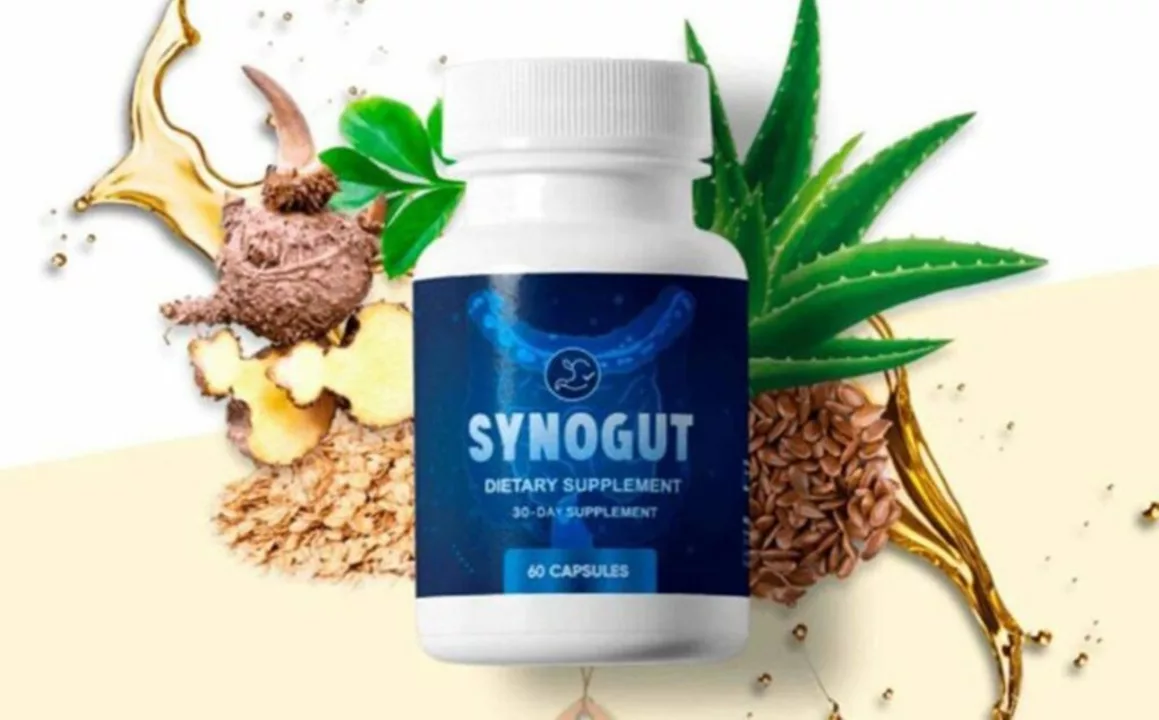Healthier: Practical tips to use medicines safely and feel better
A tiny change — like switching pill timing or stacking a coupon — can cut costs and improve how you feel. On this tag page you'll find practical, no-nonsense tips to get healthier, spend less, and use medicines smarter.
Smart Medicine Choices
Start by checking whether an online pharmacy is legit. Look for a real phone number, a physical address, secure checkout (HTTPS), and a verified pharmacy license. Read recent reviews and avoid deals that sound too good. When you buy prescription meds online, always keep a photocopy of your prescription and confirm the medicine's name, dose, and country of origin with your pharmacist. If something feels off, call your local pharmacist or your doctor before you take the drug.
Know when switching meds matters. Some drugs need dose conversions or lab checks. For example, swapping one PPI for another or adjusting thyroid meds is not a one-size-fits-all move. Talk with your pharmacist about equivalent doses, watch for new symptoms, and schedule follow-up labs within the time your clinician recommends. Never mix instructions from random websites with doctor advice.
Save money without risking safety. Coupon stacking can work but pharmacies have rules. Bring every coupon you have, show the pharmacist both digital and paper discounts, and ask which will apply first. If a coupon conflicts with insurance, ask what saves you the most. Avoid buying cheaper pills from sketchy shops; short-term savings aren't worth a safety risk.
Small Habits, Big Gains
Simple daily habits often beat fancy supplements. Drink enough water, sleep on a regular schedule, and use a food-first approach before relying on supplements. Herbs like coriander can support digestion and add antioxidants to meals, but treat them as food not drugs. If you take blood thinners or diabetes meds, check with your clinician before adding any herb or supplement.
Physical therapy helps problems many people ignore. For incontinence, pelvic floor therapy does more than Kegels. A trained therapist can use biofeedback and tailored exercises to speed up progress. If you’re nervous about a procedure like a cystoscopy, ask your provider what to expect and how to prepare; knowing the steps lowers anxiety.
When to seek medical help? Worsening breathing, high fever, sudden chest pain, or new neurological signs require immediate care. For routine symptoms like congestion, track duration and severity. If home remedies fail after a few days or symptoms are unusual for you, call your doctor.
Keep a safety checklist handy: note expiration dates, store meds away from heat and moisture, and keep a current medication list with doses and reasons. Tell any new provider about OTCs and supplements. Finish prescribed antibiotics—stopping early breeds resistance. Dispose of unused meds at a take-back site rather than tossing them. Using one trusted pharmacy keeps your records in one place and makes it easier to spot interactions.
Make small changes you can keep. Pick one medication or habit to improve each month: verify one online pharmacy, organize your pill list, or try pelvic floor exercises. These steps build on each other and lead to a healthier, more confident you.
Hyssop Dietary Supplement: The All-Natural Solution for a Healthier, Happier You
As a devoted fan of natural remedies, I recently came across Hyssop dietary supplements and I must say, I'm thoroughly impressed! This all-natural solution has been a game-changer for my overall health and well-being. Not only has it improved my digestion, but it has also helped me manage stress and anxiety better. I can't recommend Hyssop enough for anyone seeking a healthier, happier lifestyle. Give it a try and experience the amazing benefits for yourself!
